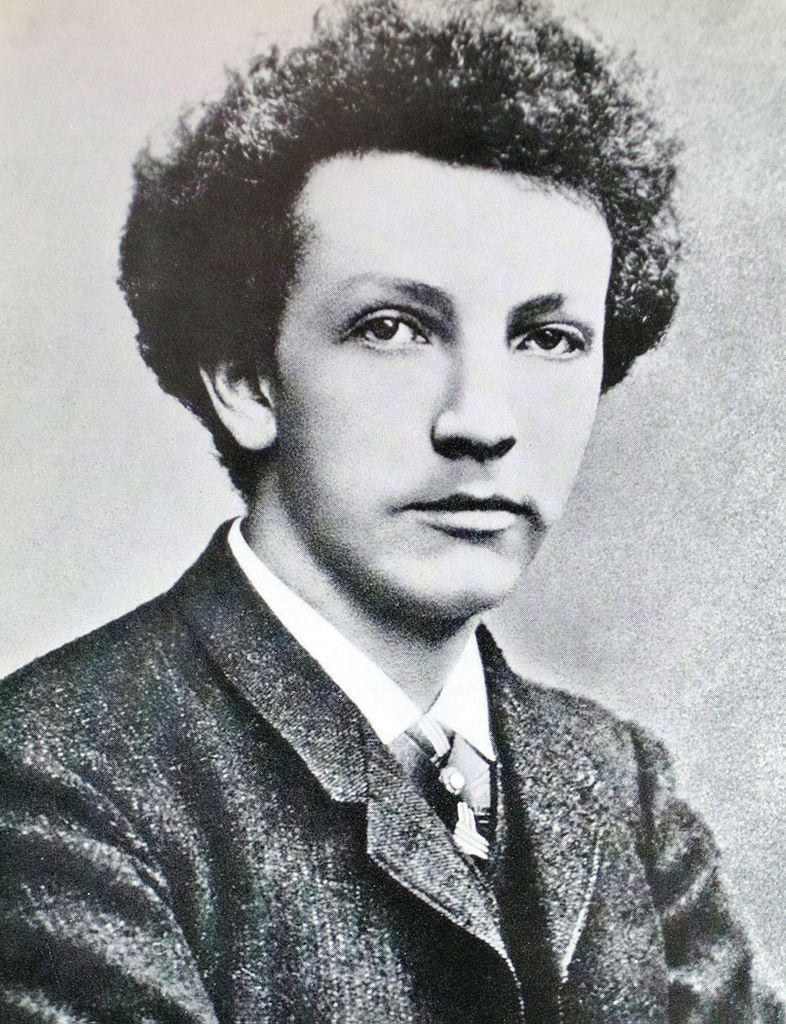Strauss, Don Juan

We have a tendency to divide people’s lives into different periods and assign categories to them. Beethoven has his reasonably well-defined early, middle, and late periods. Bach has his “stations,” which are useful for being objective facts that determined the type of music he wrote. Handel’s life divides rather neatly into his time in Italy writing operas and his time in England writing oratorios. It doesn’t work with composers who died too young or whose style stayed relatively stable.
Richard Strauss, who enjoyed a relatively long life (1864-1949), generally gets two categories defined by genre. The first centers on his tone poems composed from about 1885 to 1898. In the second period, Strauss turned primarily to opera.
The tone poem Don Juan premiered on November 11, 1889, when Strauss was only 25. Strauss was conducting the opera in Weimar at the time and following, stylistically, in the footsteps of Liszt and Wagner. Cosima Wagner (Wagner’s wife and Liszt’s daughter) had helped boost Strauss’s career. Weimar, the small German city where Carol and I can often be found, was at the center of so much of the artistic history of the time. Indeed, Weimar had been the birthplace of the tone poem during Liszt’s tenure there and something of the artistic headquarters of the new school in the “War of the Romantics” in opposition to the traditionalists represented by Brahms.
But Cosima was not thrilled by Strauss’s Don Juan since it centered on a character who hardly fit the heroic mold that Wagner promoted. But whatever the shortcomings of the main character, the music bears the hallmarks that made Strauss one of the most prominent composers of the time: heroic themes, soaring melodies, orchestral color, and dramatic narrative.



